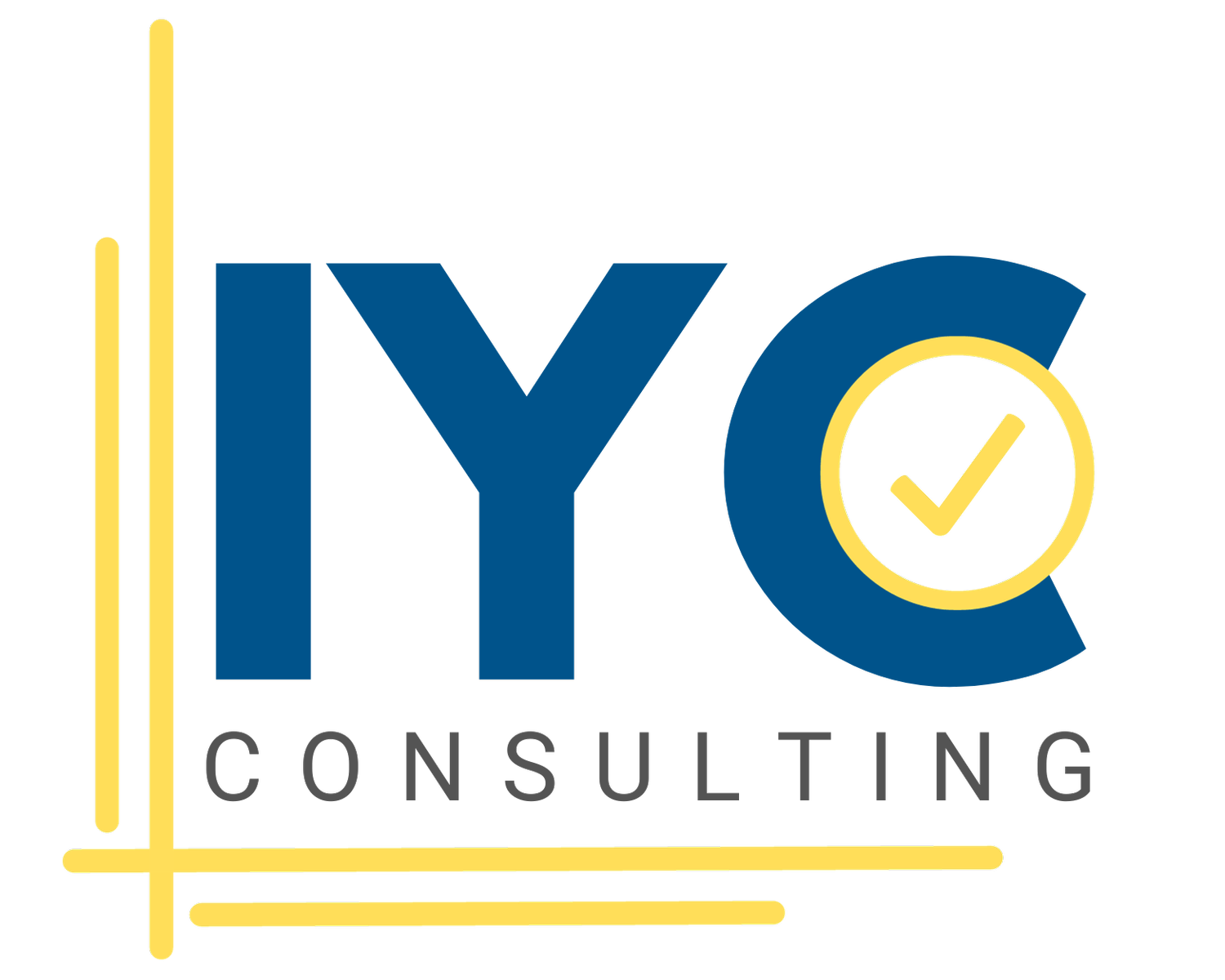Conducting Effective Health Care Risk Assessments
The significance of conducting effective risk assessments cannot be overstated. These assessments are critical for identifying potential risks in healthcare delivery, ensuring compliance with regulations, and ultimately enhancing patient care. In a sector that is as dynamic and complex as healthcare, especially in home health care, the need for robust risk assessments is a cornerstone of operational integrity and ethical practice.
The Foundation of Effective Risk Assessments
Risk assessments in healthcare encompass a wide array of areas, including patient safety, data security, regulatory compliance, and financial operations. The fundamental goal is to identify potential areas of risk before they become problematic, ensuring that appropriate measures can be taken to mitigate them.
"Conducting effective health care risk assessments is more than just a regulatory requirement; it's a proactive approach to ensuring high-quality, compliant, and efficient healthcare delivery."
Key Components of Healthcare Risk Assessments
Identifying Potential Risks: This involves understanding the various aspects of healthcare operations, from clinical care to data management, and identifying areas where risks might exist.
Analyzing Risks: Once identified, risks need to be analyzed in terms of their potential impact and the likelihood of their occurrence. This helps in prioritizing them based on their severity.
Implementing Control Measures: After prioritizing risks, the next step is to implement measures to mitigate these risks. This could involve changes in operational procedures, adopting new technologies, or providing additional training to staff.
Continuous Monitoring and Review: Risk assessment is not a one-time activity but a continuous process. Regular monitoring and review are essential to ensure that the control measures are effective and to identify any new risks.
The Role of Technology in Risk Assessments
With advancements in technology, particularly in areas like Electronic Visit Verification (EVV) and data analytics, health care providers have powerful tools at their disposal for conducting risk assessments. These technologies can provide real-time data, helping in the early identification of potential risks and enhancing the accuracy of assessments.
Challenges in Conducting Risk Assessments
Conducting effective risk assessments comes with its set of challenges. These include keeping up with constantly changing regulations, ensuring staff are well-trained and understand the importance of risk assessments, and integrating new technologies seamlessly into existing systems.
The Broader Impact on Healthcare Stakeholders
Health Care Providers: For providers, effective risk assessments mean better patient care and reduced likelihood of errors or compliance issues.
Health Care Administrators: Administrators benefit by having a more streamlined operation that is compliant and less prone to risks, thereby saving costs and improving efficiency.
Health Care Compliance Officers: These professionals are better equipped to ensure that the organization adheres to all regulatory requirements, reducing legal liabilities.
Patients: Ultimately, effective risk assessments lead to safer, more reliable care for patients, which is the primary goal of any healthcare system.
Conclusion
Conducting effective health care risk assessments is more than just a regulatory requirement; it's a proactive approach to ensuring high-quality, compliant, and efficient healthcare delivery. By integrating comprehensive risk assessments into their regular operations, healthcare organizations can foster a culture of safety, compliance, and excellence, all of which contribute to the overall goal of providing exceptional patient care.

